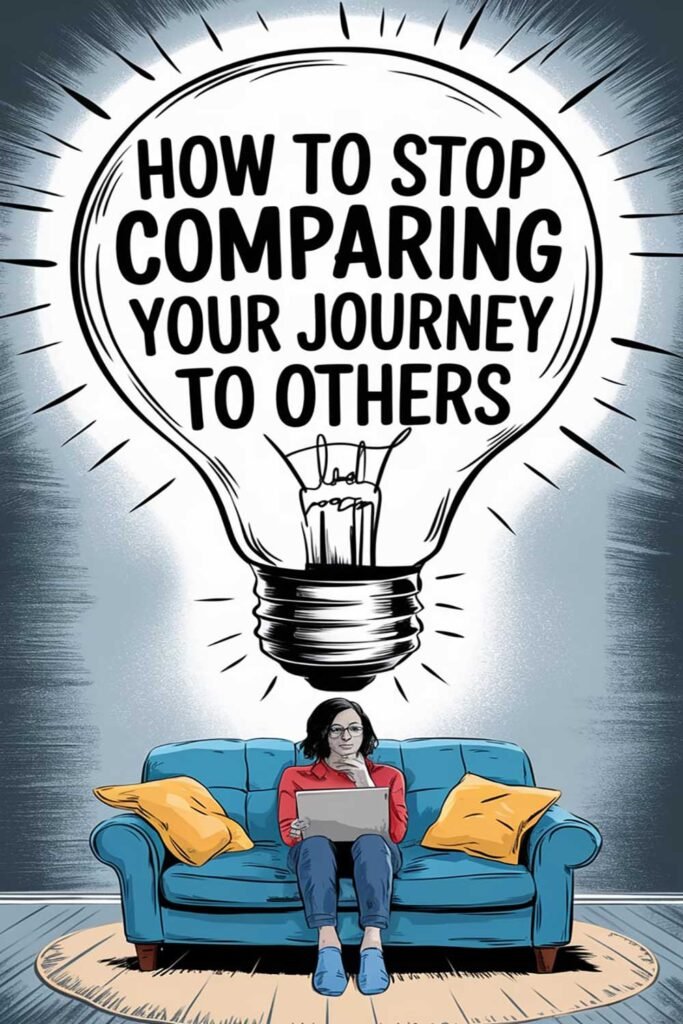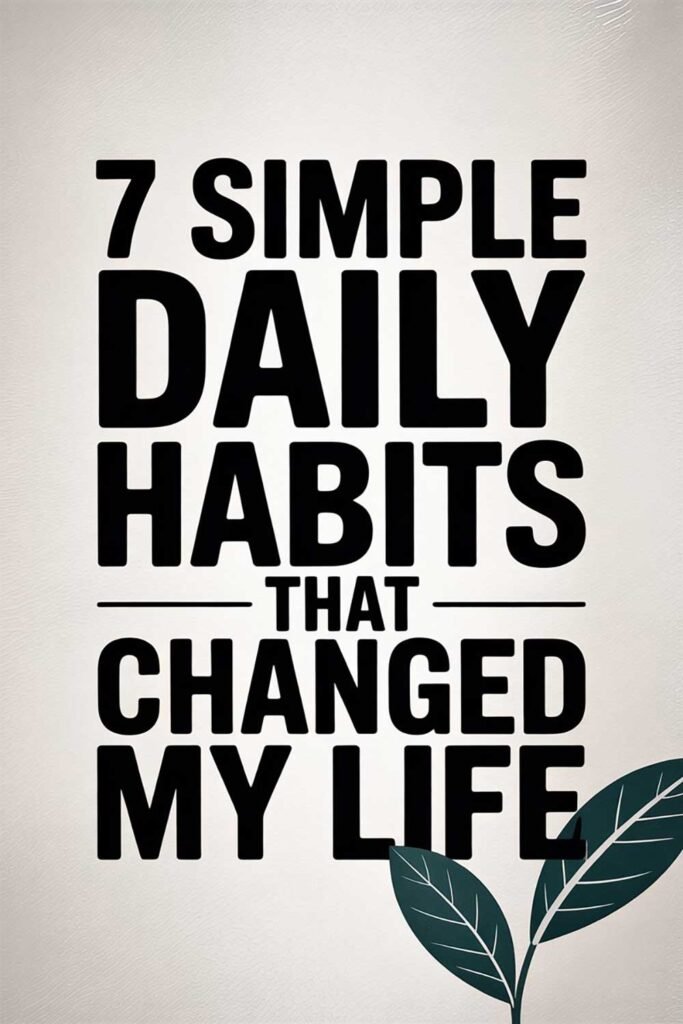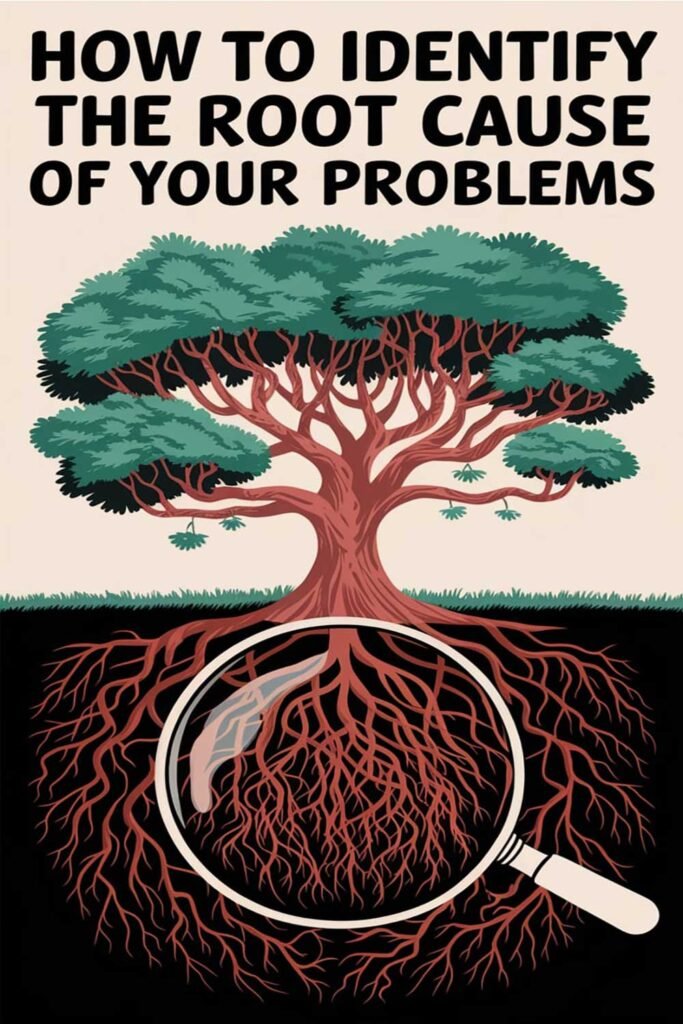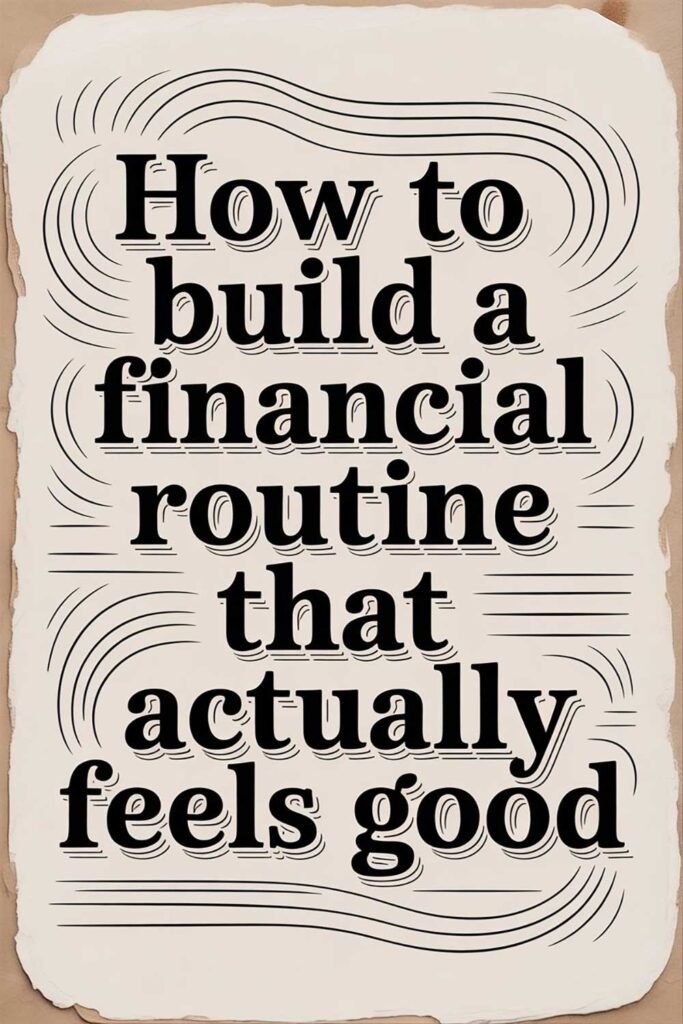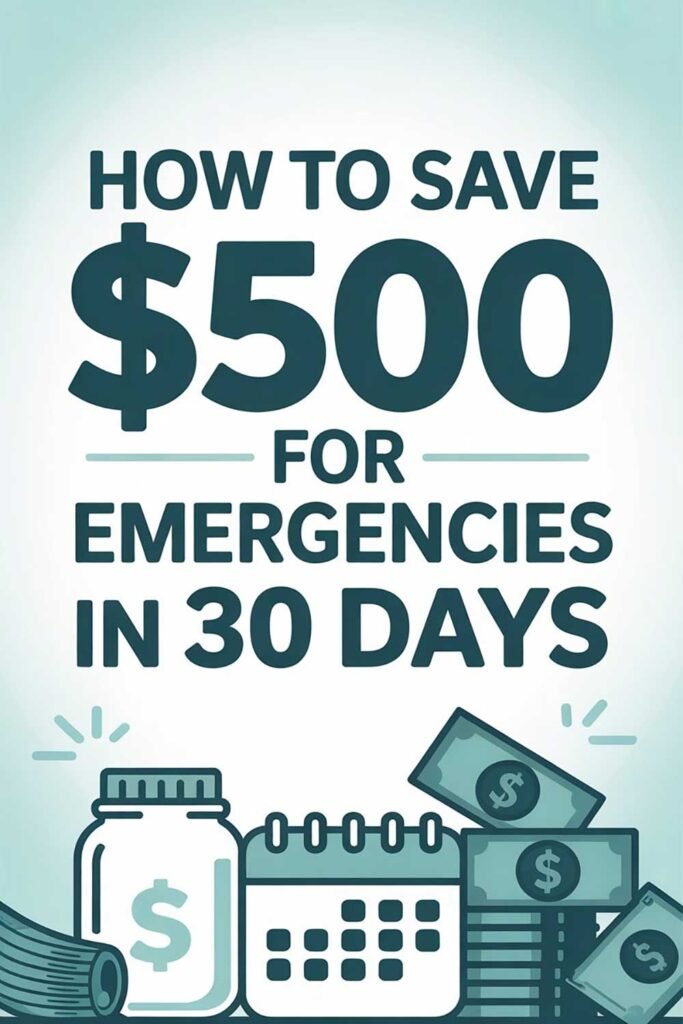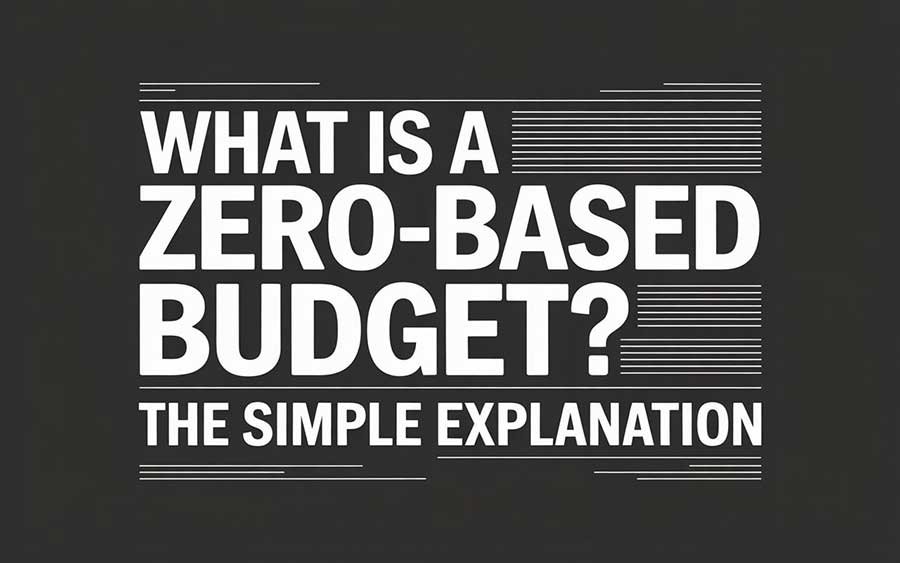
What Is a Zero-Based Budget? The Simple Explanation
If you’ve ever wondered where all your money goes at the end of the month, you’re not alone. Many people feel like they’re earning enough but still struggle to save or make progress financially. The problem? Your money doesn’t have a job. That’s where zero-based budgeting comes in — a powerful, intentional way to give every single dollar a purpose.

In this fully detailed guide, we’ll break down exactly what a zero-based budget is, why it works so well, how to set one up, common mistakes to avoid, real-life success stories, and how you can make it work for your lifestyle — even if your income fluctuates.
What Is a Zero-Based Budget?
A zero-based budget is a type of budget where your income minus your expenses equals zero. But here’s the key: zero doesn’t mean you’re broke — it means every dollar has been assigned a job.
If you make $3,000 a month, you’ll assign all $3,000 to various categories — like rent, groceries, savings, debt payments, entertainment, and more — until there’s nothing left unassigned. Your bottom line is $0 because all of your money is working for you.
Unlike traditional budgeting (where you estimate categories and hope for the best), zero-based budgeting gives every dollar a mission. It’s proactive, specific, and designed to eliminate “accidental spending.”
Why Zero-Based Budgeting Works
1. It Forces You to Pay Attention
This method requires you to account for everything, which means you become more aware of your money habits. The result? Better decisions.
2. You Get to Be Intentional
Want to save for a vacation? Pay off debt? Build an emergency fund? Zero-based budgeting helps you prioritize what matters most, not just what’s due next.
3. You Stay in Control
Instead of reacting to expenses or wondering where your money went, you tell it where to go. It’s empowering, especially if you’ve ever felt overwhelmed by finances.
4. It’s Flexible and Realistic
Contrary to popular belief, zero-based budgeting isn’t restrictive. You can include fun money, date nights, or Starbucks — as long as it’s accounted for.
5. Works With Any Income Level
Whether you make $1,500 or $15,000 per month, this method scales. It works for individuals, couples, families, and even freelancers with variable income.
How to Set Up a Zero-Based Budget (Step-by-Step)
Step 1: Calculate Your Total Monthly Income
Include all income sources:
- Salary (after tax)
- Freelance or side hustle income
- Child support or alimony
- Government assistance
- Bonuses or stipends
Make sure you’re working with your net income (the amount that actually hits your bank account).
Step 2: List All Monthly Expenses
Start with essentials:
- Housing (rent/mortgage)
- Utilities (electric, water, gas, internet)
- Transportation (fuel, public transit, car insurance)
- Food (groceries and dining out)
- Insurance (health, life, renters)
Then add:
- Subscriptions (Netflix, Spotify, etc.)
- Cell phone bill
- Debt payments (credit cards, loans)
- Childcare or school expenses
- Tithing or donations
- Fun money and entertainment
Don’t forget sinking funds — these are savings for future expenses, like:
- Car repairs
- Holiday gifts
- Back-to-school supplies
- Medical co-pays
Step 3: Assign Every Dollar a Job
Take your total income and start plugging it into each category until your income minus expenses equals zero.
If you make $4,000, your budget might look like:
- $1,200 rent
- $400 groceries
- $300 gas
- $200 fun money
- $600 student loans
- $300 savings
- $100 holiday sinking fund
- $200 emergency fund
- $700 to remaining essentials
Total: $4,000. Remaining: $0.
Step 4: Track Your Spending Throughout the Month
It’s not enough to just set a budget — you have to stick to it. Use a spreadsheet, budgeting app, or envelope system to track what you spend.
Adjust if needed (life happens), but make sure you reassign leftover funds so you always end the month with a $0 difference.
Step 5: Review and Adjust Monthly
At the end of each month, sit down and review:
- What did you overspend on?
- Where did you have surplus?
- What worked — and what didn’t?
Use that data to fine-tune next month’s plan.
Real-Life Examples of Zero-Based Budgeting Success
Amanda – The Single Mom Who Paid Off $12,000 in Debt
Amanda had a stable job but always ran out of money before payday. She tried budgeting but never stuck with it — until she learned about zero-based budgeting. By assigning every dollar (especially redirecting small purchases like fast food and convenience store runs), she paid off $12,000 in credit card debt in under two years.
Jordan & Kim – The Couple Who Saved for a House
Jordan and Kim made a solid combined income but had nothing to show for it at the end of the month. When they started budgeting zero-based, they realized they were spending $800/month on miscellaneous online shopping. They created a “house savings” category and put that $800 toward their goal. In 14 months, they had a $15,000 down payment.
Leo – The Freelancer Who Found Stability
Leo’s income fluctuated, so traditional budgeting never worked for him. With zero-based budgeting, he created variable income projections and added sinking funds for slow months. Now, even in lean seasons, he’s covered — and his stress levels have dropped significantly.
Common Mistakes to Avoid
- Leaving out irregular expenses (birthdays, annual fees)
- Not budgeting for fun (which causes burnout)
- Guessing instead of tracking actual spending
- Failing to adjust as income or needs change
- Giving up after one tough month
Tools and Templates You Can Use
- Apps: YNAB (You Need A Budget), EveryDollar, Goodbudget
- Spreadsheets: Free templates from Google Sheets or Excel
- Printable trackers: Find on Etsy or Pinterest
- Cash envelopes: Use labeled envelopes for physical cash categories
Pick what works for your lifestyle. The tool matters less than consistency.
20 Quotes About Budgeting, Discipline, and Money Mastery
- “A budget is telling your money where to go instead of wondering where it went.” – Dave Ramsey
- “Do not save what is left after spending, but spend what is left after saving.” – Warren Buffett
- “Failing to plan is planning to fail.” – Alan Lakein
- “You must gain control over your money or the lack of it will forever control you.” – Dave Ramsey
- “The best way to gain financial freedom is to plan for it.” – Suze Orman
- “Discipline is the bridge between goals and accomplishment.” – Jim Rohn
- “It’s not your salary that makes you rich, it’s your spending habits.” – Charles A. Jaffe
- “Beware of little expenses; a small leak will sink a great ship.” – Benjamin Franklin
- “Live like no one else now, so later you can live like no one else.” – Dave Ramsey
- “Money, like emotions, is something you must control to keep your life on the right track.” – Natasha Munson
- “A penny saved is a penny earned.” – Benjamin Franklin
- “A goal without a plan is just a wish.” – Antoine de Saint-Exupéry
- “Don’t tell me what you value. Show me your budget.” – Joe Biden
- “Budgeting isn’t about limiting yourself. It’s about freeing yourself to spend on what matters most.” – Unknown
- “The art is not in making money, but in keeping it.” – Proverb
- “You cannot escape the responsibility of tomorrow by evading it today.” – Abraham Lincoln
- “The number one problem in today’s generation and economy is the lack of financial literacy.” – Alan Greenspan
- “Saving money is good for the soul.” – Unknown
- “You don’t manage money. You manage your behaviors around money.” – Dave Ramsey
- “A well-planned budget is a well-lived life.” – Unknown
Picture This
Imagine it’s the last day of the month, and you’re not anxious. Your bills are paid. You’ve put money into savings, paid off a chunk of debt, and even treated yourself guilt-free. Every dollar had a job — and it did its job well.
You feel in control, calm, and confident. You’re not guessing anymore. You’re leading your money with purpose — not reacting, but choosing. That’s the power of a zero-based budget.
Now picture that same feeling every month. That’s what financial peace looks like — and it starts with giving your money a plan.
Please Share This Article
If this article helped you better understand how zero-based budgeting works, please share it with a friend, a family member, or on social media. You never know who might be one financial breakthrough away from less stress and more freedom.
Disclaimer
This article is for informational purposes only and reflects personal experience, public examples, and general financial strategies. It is not a substitute for professional financial advice. Always consult with a certified financial advisor for guidance specific to your situation.

